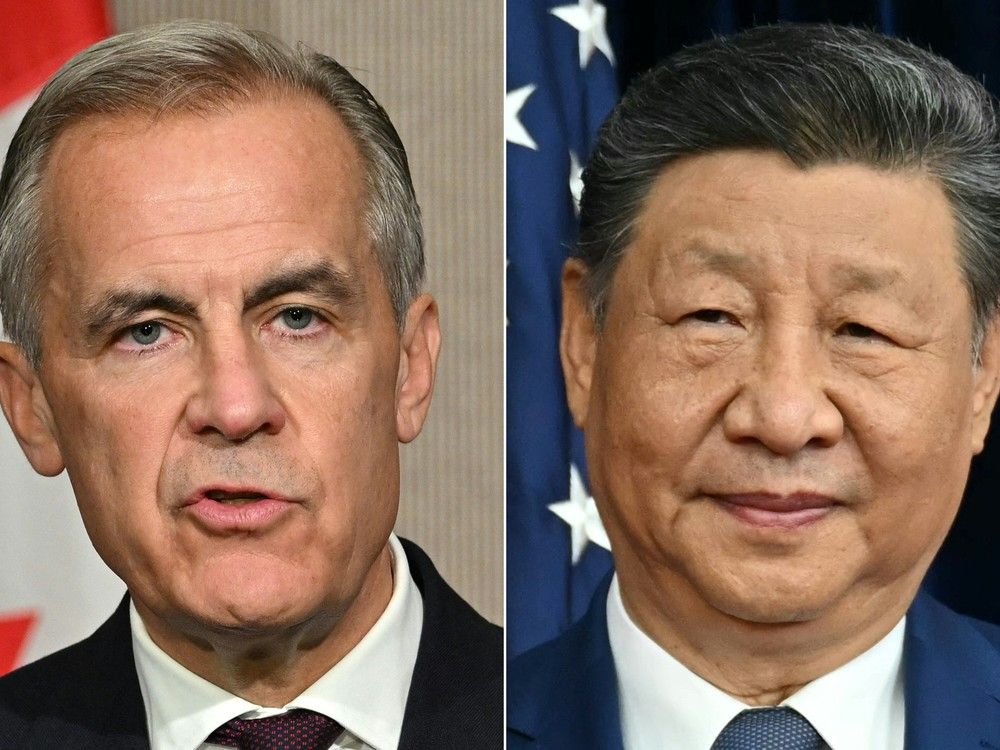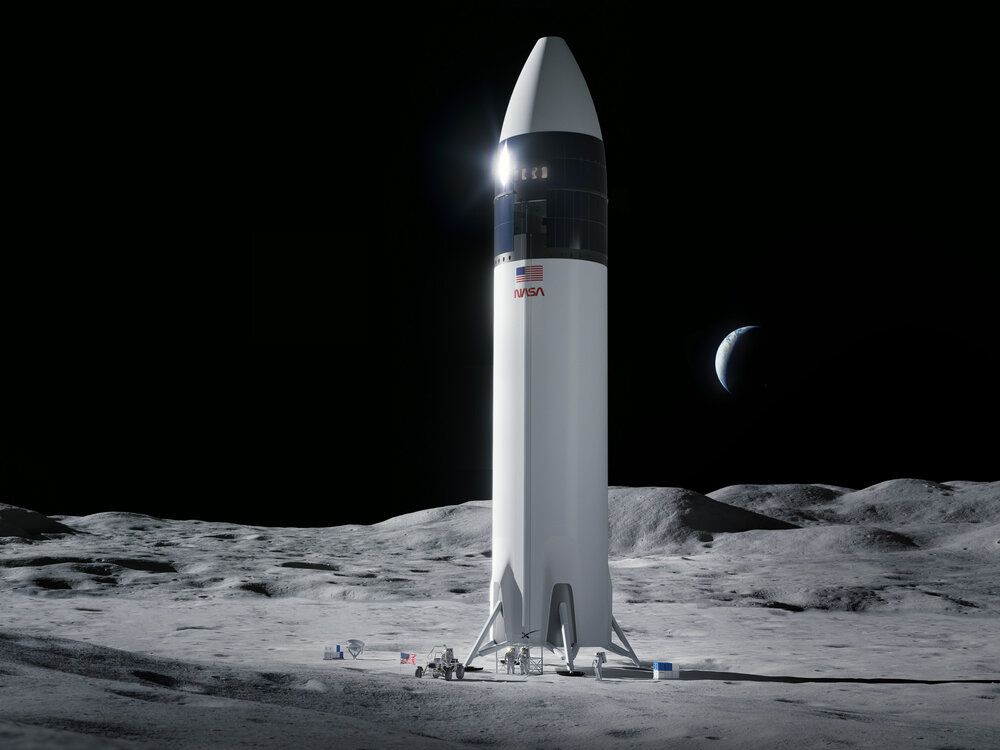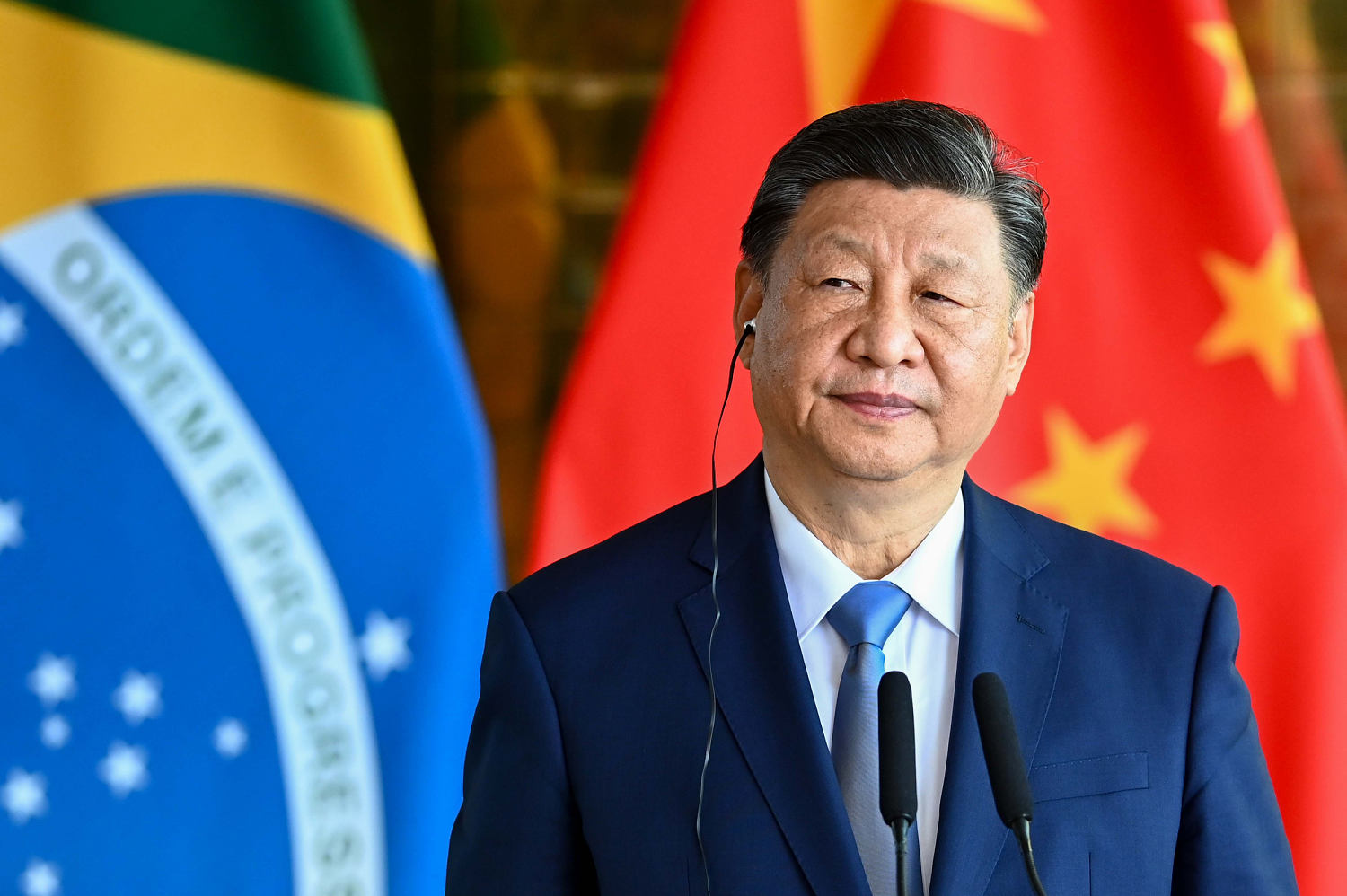Article content
Canada’s industrial benefits, meanwhile, are indirect and financial, creating few jobs and not expanding energy infrastructure domestically.
Article content
“I don’t see Canada as really being a massive beneficiary here,” added Keefer.
Article content
Some experts believe the deal offers Canada a strategic advantage in the long term.
Article content
“I think it’s great from a Canadian perspective,” said Heather Exner-Pirot, a senior fellow and director of Energy, Natural Resources and Environment at the Macdonald-Laurier Institute. “People might not like that we’re doing deals with the United States right now, but we are absolutely tying American nuclear power to the Canadian supply chain, and that is good for Canada.”
Article content
“It gives you leverage going into the long-term nuclear reactors,” she added.
Article content
But the deal ties Canadian nuclear companies more closely to U.S. market demands and energy policy, which some fear makes them vulnerable to U.S. policy fluctuations — and we’ve seen a fair few of those this year alone.
Article content
Article content
At the same time, Canada is also adopting some U.S. nuclear technology.
Article content
Toying with tech
Article content
Canada is investing billions in U.S. Small Modular Reactor (SMR) projects in Ontario, Saskatchewan, and Alberta. SMRs require enriched uranium, and since Canada does not enrich uranium – it only mines and converts it – it will need foreign suppliers for fuelling these reactors.
Article content
By contrast, Canada’s 17 homegrown CANDU reactors use unenriched uranium, requiring no foreign supply.
Article content
Some experts say leaning in on SMRs is smart as they’re smaller than conventional reactors and modular, making them easier to ship and build in remote locations.
Article content
Kennedy noted that SMRs are the hot ticket in nuclear energy at the moment as “they’re perceived as being more versatile in their uses and ability to locate where they’re needed.”
Article content
Others would prefer that Canada stick with its unique CANDU technology and only use unenriched uranium.
Article content
“I think it would be incredibly foolish for (Canada) to basically bury CANDU reactor technology and take on US-origin reactor technology, both at the small level of the SMRs, which (Canada has) already done, and at the larger level,” Keefer said.
Article content
Article content
“It would make (Canada) dependent on the largess of the US and how much of the supply chain they want us to have.”
Article content
Red tape
Article content
As Canada expands its nuclear portfolio, it must contend with a complex regulatory environment at home. Deploying SMRs requires navigating overlapping federal-provincial reviews, Indigenous consultations, and a separate licensing regime under the Canadian Nuclear Safety Commission.
Article content
Kennedy says that both mining and reactor approvals take years due to the multi-layered regulations.
Article content
Another challenge looms: Without a domestic enrichment industry, Canada will depend on imports to fuel the SMRs.
Article content
That’s a weakness, according to Jay Hu, executive chairman and CEO of U.S.-based LIS Technologies, which specializes in uranium enrichment.
Article content
“Canada lacks the ability to process the whole fuel cycle,” he said.
Article content
“If Canada would actually focus on building up enrichment … the U.S. would be the biggest buyer,” Lu added, noting how the U.S. still gets a fair bit of enriched uranium from Russia and Europe and would prefer a closer source.
.png)
 10 hours ago
13
10 hours ago
13





























/https%3A%2F%2Fsportsmole-media-prod.s3.gra.io.cloud.ovh.net%2F25%2F14%2Fwilliam-saliba-and-adama-traore.jpg)
 Bengali (BD) ·
Bengali (BD) ·  English (US) ·
English (US) ·